Elevate Your Performance Journey
Discover expert insights, training tips, and inspiring stories from the worlds of basketball, cycling, and combat sports. Whether you're a beginner or seasoned athlete, find the guidance you need to push your limits.

Explore Your Passion
Deep dive into the sports that drive you forward
Basket
Basketball, NBA and competitions
Bike
Cycling, mountain biking and road
Combat
Boxing, MMA and martial arts
Fitness
Fitness, training and workouts
Football
Football, Premier League and leagues
Musclation
News
Sports news and results
Other sports
Tennis, swimming and other sports
The basketball drills and conditioning articles have completely transformed my game. I've improved my vertical jump by 4 inches in just three months following the guides here. The content is practical and easy to follow.
Latest articles
Our recent publications
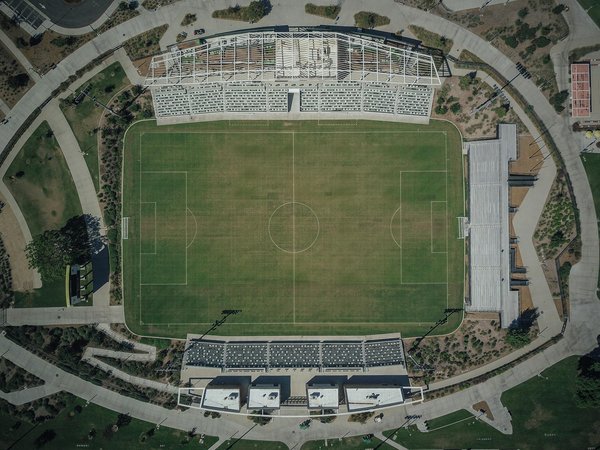
Essential Components of an Effective Post-Game Recovery Strategy for UK Basketball Athletes
In the realm of UK Basketball, post-game recovery isn't just a buzzword; it is a critical component ...

Essential Muscle Groups for UK Basketball Players to Enhance Their Jump Shot Performance
When it comes to basketball training, perfecting your jump shot mechanics is crucial for effective p...
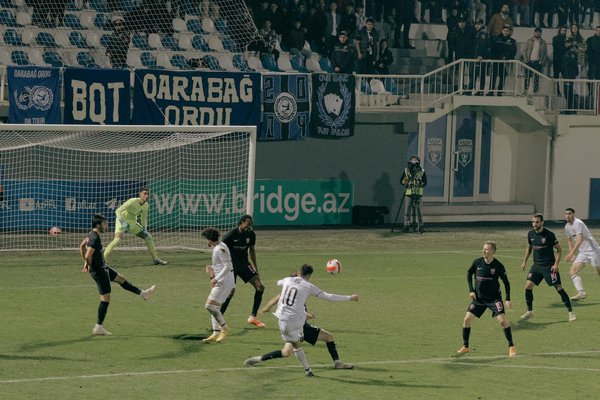
Unlocking Speed: Strategies for UK Basketball Players to Enhance Quickness and Reaction Times in Defensive Plays
In the fast-paced world of basketball, speed and reaction time are crucial elements that can make or...
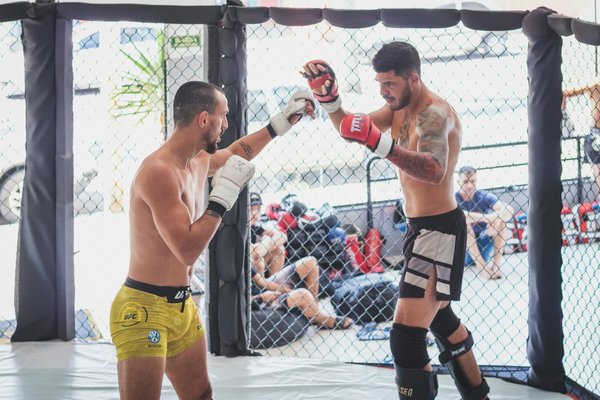
Step-by-Step Guide to Installing a Hydraulic Clutch on Your Sports Bike for Effortless Riding in UK Traffic
When it comes to riding a sports bike, especially in the congested traffic of the UK, having a smoot...
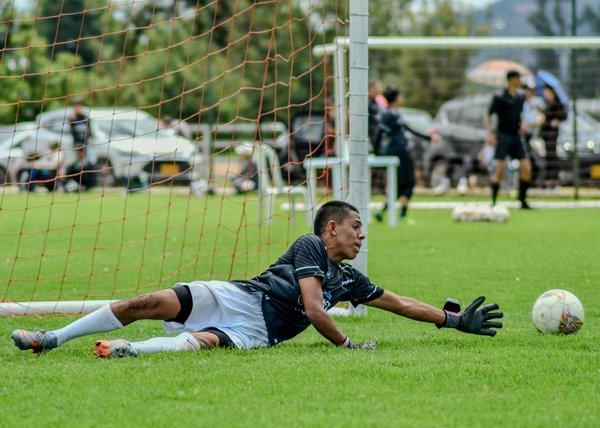
Top Techniques to Safely Regain Control of Your Sport Bike After a Skid on UK Roads
Skidding on a motorcycle can be a terrifying experience, especially on the busy and often unpredicta...
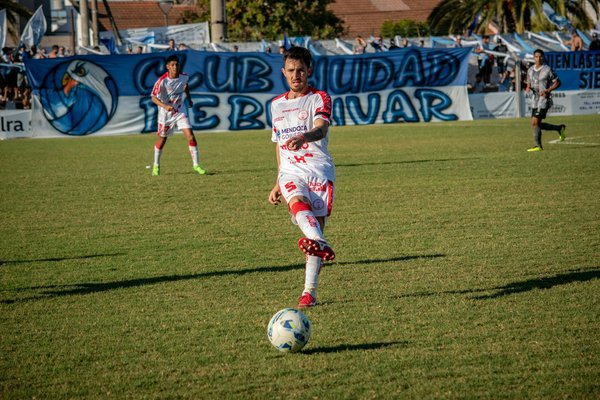
Ultimate Guide: Safely Transporting Your Sport Bike by Ferry Across the UK
When it comes to transporting your sport bike by ferry across the UK, preparation is key. Here are s...
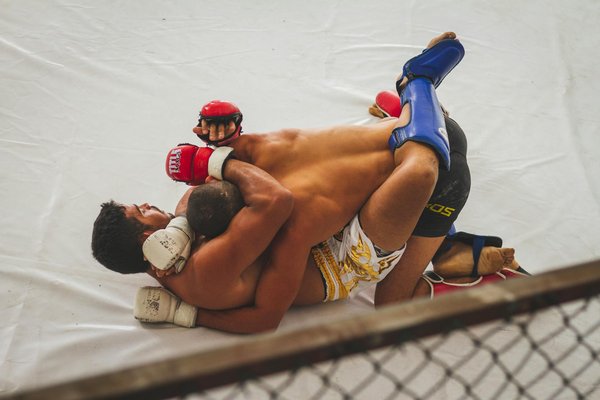
Boosting Grip Strength: A Comprehensive Guide for UK Wrestlers Through Effective Weight Training Strategies
Grip strength is a crucial element in wrestling that significantly impacts an athlete's performance....

Unlocking Speed: Strategies Used by UK Fencing Athletes to Enhance Reaction Times in Competition
In the high-stakes world of competitive fencing, reaction time is the difference between victory and...
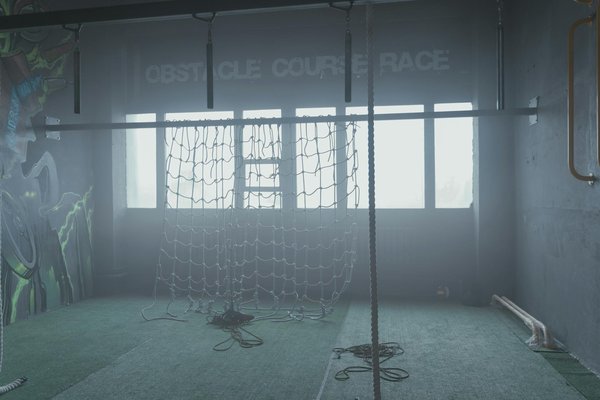
Unlocking Ultimate Recovery: Top Muscle Recovery Strategies for UK Kickboxers Post-Match
Recovery is a crucial aspect of any athletic training, but it is particularly vital for kickboxers a...

Mastering Trail Nutrition: Essential Strategies for Endurance Runners Tackling Diverse Terrains
When it comes to trail running, the terrain is just as much a competitor as the clock. Unlike road r...

Unlocking Explosive Power: Mastering Judo Throws for Peak Performance
When it comes to mastering judo throws, one of the most critical concepts to grasp is kuzushi, or ba...
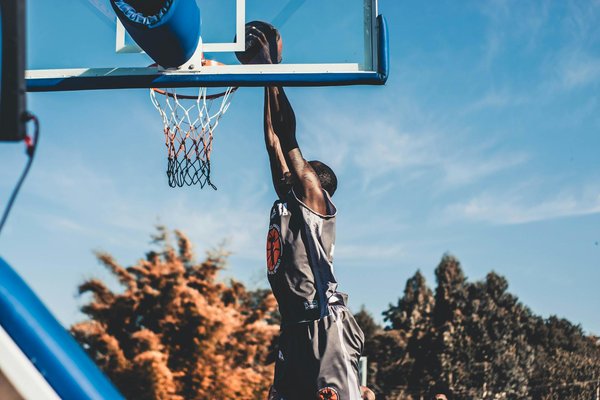
Unlocking Stroke Perfection: Harnessing Video Analysis for Swimmer Performance Enhancement
In the world of competitive swimming, every fraction of a second counts, and the margin between vict...

Boosting Mental Toughness: Strategies for Football Players to Overcome Verbal Criticism on the Field
Mental toughness is a critical characteristic in the realm of sports, signifying an athlete's abilit...

Creating a Holistic Player Wellness Strategy: A Guide for Football Clubs
Holistic player wellness is an essential component of modern football, emphasizing the comprehensive...
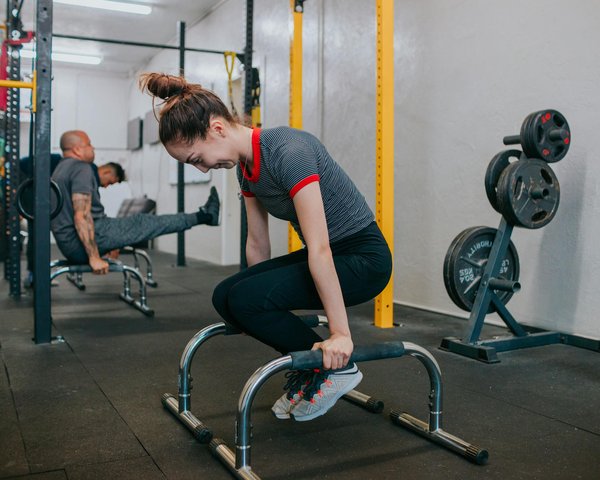
Top Strategies to Keep Football Players Motivated Through Tough Losing Streaks
Losing streaks can be a daunting challenge for any football team, affecting the morale, performance,...
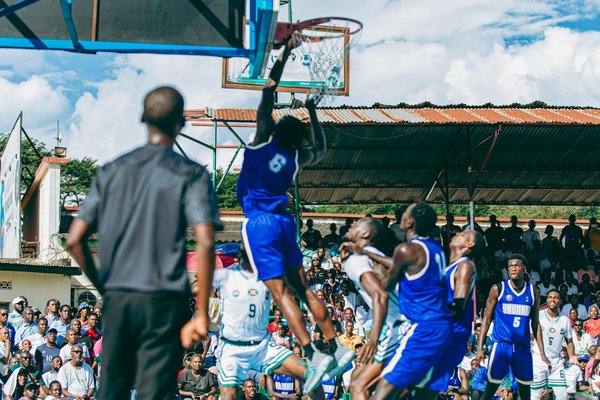
How do different types of muscle fibers respond to various workouts?
In the fitness world, the type of muscle fiber one has can significantly influence workout performan...
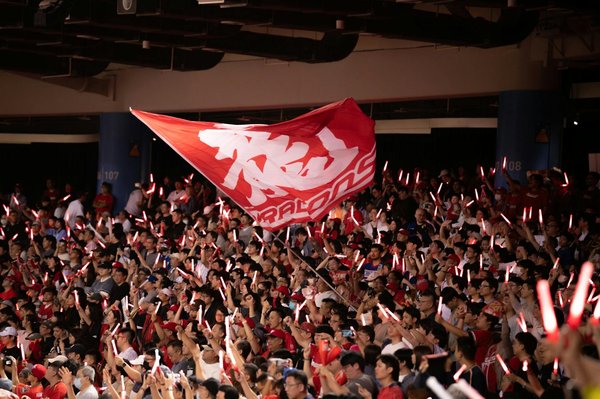
What advanced techniques can boost muscle growth in seasoned athletes?
In striving for excellence in sports, athletes often focus on refining their skills, tactics, and st...
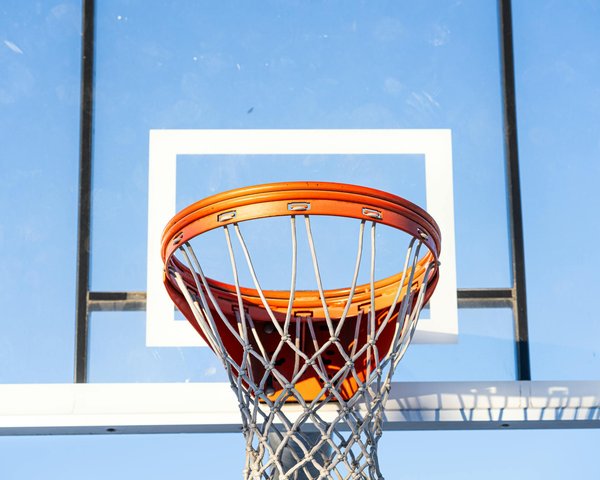
What is the role of genetics in your bodybuilding success?
As you venture into the realm of bodybuilding, you inevitably encounter a multitude of factors that ...
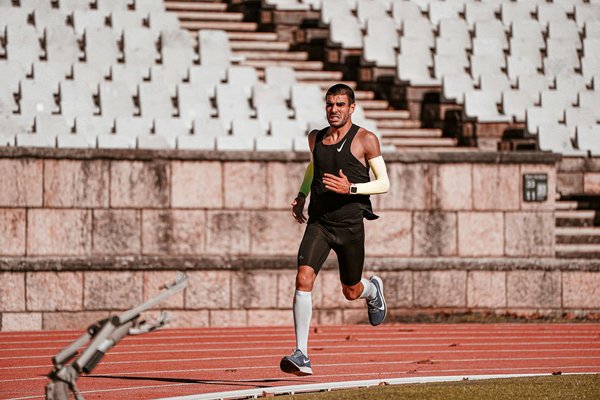
Boosting Athlete Loyalty: Innovative Strategies for UK Sports Clubs to Enhance Retention
In the fast-paced world of sports, athlete loyalty is a pivotal component for the success of any clu...
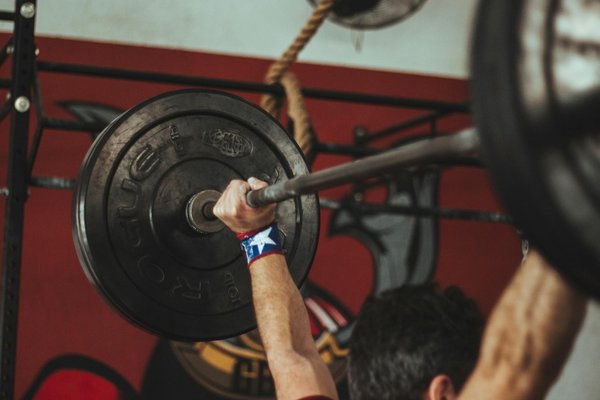
Building Resilience: Strategies for UK Sports Teams to Foster a Culture of Perseverance
In the realm of sports, resilience plays a pivotal role in determining the success of both athletes ...

Unlocking Wave Wisdom: How UK Surf Coaches Leverage Oceanography to Master Wave Selection Skills
Surfing is more than just riding the waves; it's an art that requires a deep understanding of the oc...
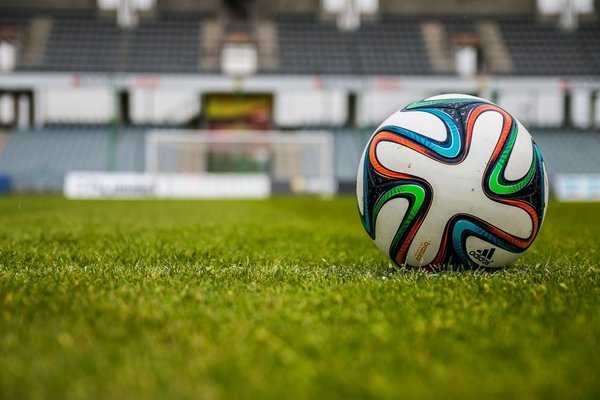
Boost Your Table Tennis Game: Essential Exercises to Enhance Agility
Agility in table tennis refers to the ability to rapidly change direction and efficiently reposition...

Ultimate Guide to Caring for Lawn Bowls Gear: Tips for Peak Performance
When it comes to lawn bowls, the condition of the bowling green is paramount. Whether you're a seaso...
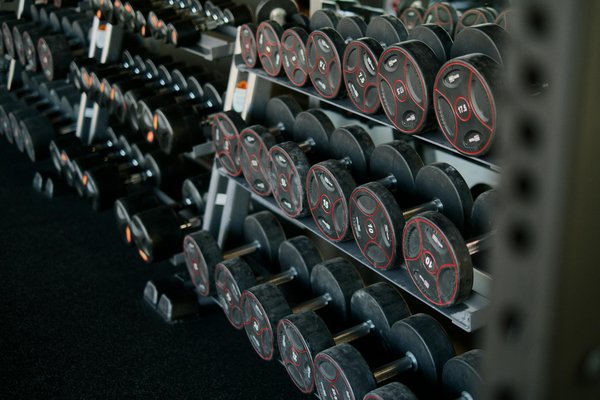
Ultimate Post-Polo Recovery Strategies: Maximizing Athletic Performance after Competition
Recovery is a crucial aspect of any athletic regimen, particularly for high-intensity sports like po...
